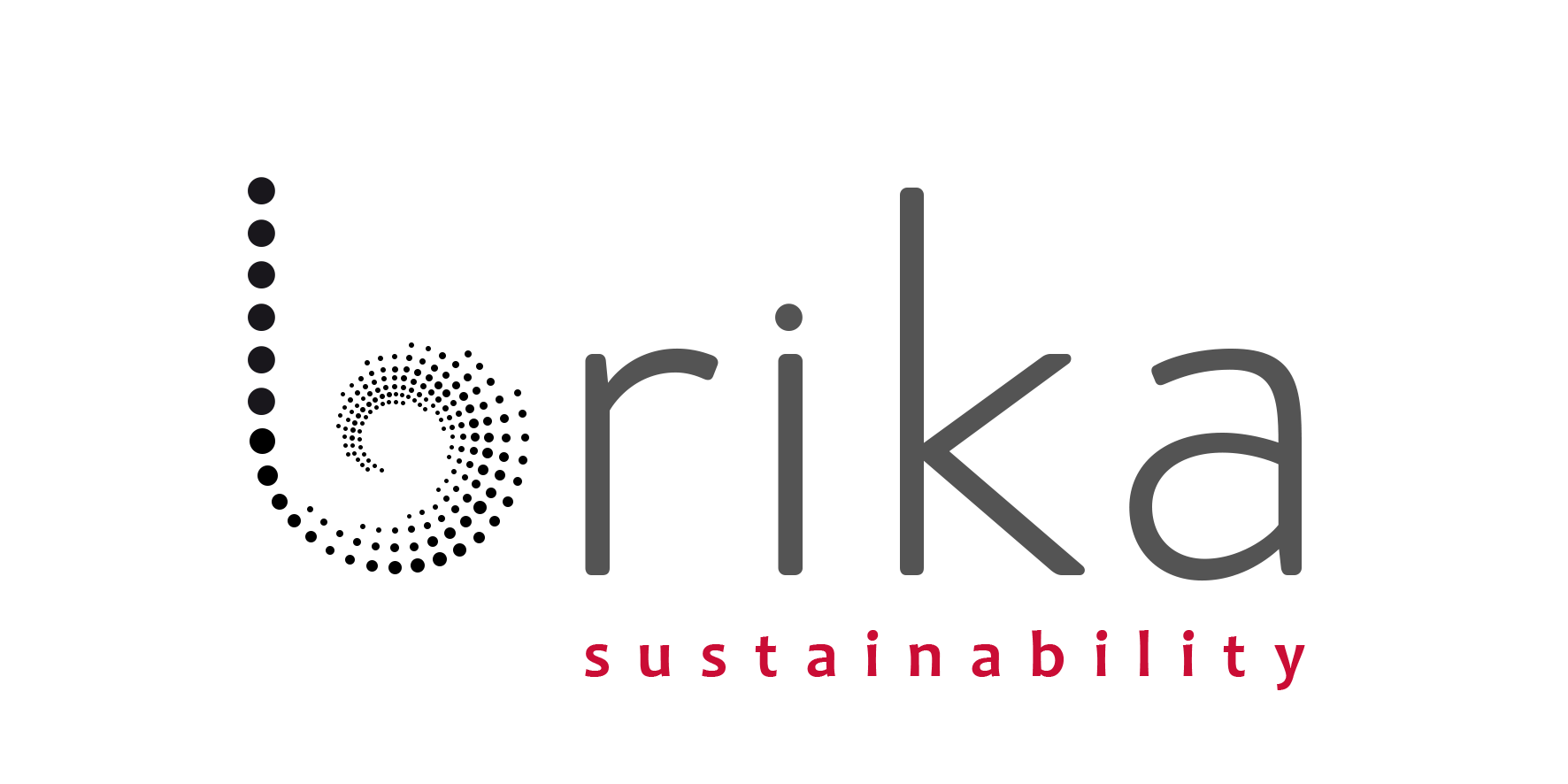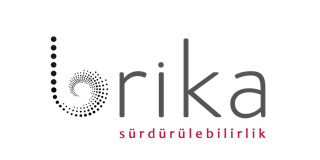Sustainable Development Goals and Turkey’s Middle Income Trap
United Nation’s Sustainable Development Goals that are replacing Millennium Development Goals, were publicised over the UN Summit in New York last weekend. These announcements were important for many working in the development field as they are going to determine domestic and international policies shaping many projects in the field. Yet, the attention that they received domestically in Turkey was unsurprisingly little.
This lack of attention is probably due to fact that economic agents, individuals, and media do not see the SDG of making much difference, to their lives, work, income and over-all well-being. Well, they are wrong! Let me explain how Turkey’s economic performance and SGS are closely linked:
Turkey is often and very popularly cited as one of the latest victims of middle-income trap. Middle-income trap is a malady in countries with income of 10,000 USD per capita. These countries exploited easy ways of rapid growth and are finding it difficult to growth further. While profitability of capital falls, accumulation of capital based exploitation of natural resources and labor loses momentum. Growth is longer possible from further accumulation of capital; but from increases in productivity, which should stem from higher quality education, labor, R&D and quality institutions[1].
Turkey’s was successful in lifting up its GDP per capita from 3,000 USD levels in 2002 to over 10,000USD by 2010. Yet, as it is stuck around these levels since 2010, it is fair to review what Turkey has been doing over the last 10 years and why it is not working anymore. Sustainable development goals give a good framework to review Turkey’s past performance and evaluate its potential.
Transition from MDGs to SDGs
Sustainable development goals (see below) cover wide range of areas from poverty, education, gender equality, environment and climate, institutions to international cooperation. A recent report[2] gives a detailed analysis of data indicators with respect to sustainable developments goals in Turkey. According to the report, Turkey has had a fairly successful record with regard to the MDGs, particularly eradicating extreme poverty. Yet, shortcomings prevail in gender equality and empowering women as well as ensuring environmental sustainability.
Using the framework provided in the same report, below are some of the areas in SDGs, which are crucial for Turkey in increasing its productivity levels; hence over coming middle-income trap:
Ensure inclusive and equitable quality education and promote lifelong learning opportunities for all
Turkey was successful in making primary and secondary education accessible over the last 15 years: Net enrolment rates soared from 85 percent to 99 percent at the primary level and from 38 percent to 77 percent at the secondary level over 1997-2013. Yet, with productivity at the center of economic growth concerns, quality rather than quantity becomes the area of concern[3]. Issues to follow under SDG goals for Turkey specific productivity increases are:
- Quality in secondary and higher education measured by ability to read, write, calculate and evaluate;
- Gender, regional and ethnic inequalities in access to education, especially in the eastern parts of Turkey;
- Targeting the right types of technical and vocational skills specific for Turkey’s growth pattern
Create Jobs, Sustainable Livehoods, and Inclusive Growth For All
Between 2006 and 2012, there were improvements in the labor participation rate and informal employment; but there are important disparities between regions on employment levels, especially in women labor participation rates. What is important for Turkey’s unemployment levels with respect to SDGs is not only the absolute levels; but also youth employment and women labor participation rates. While youth unemployment is one of the highest in OECD countries, targeted educational and labor policies are necessary to tackle the problem. Studies on female labor force in Turkey show that it is not possible to increase potential growth rate to above 4-5% range without increasing the participation rate above the current 30% levels[4].
Occupational injury rate is another area that needs improvement with regards to both SDGs and productivity increases.
Ensure Energy and Develop Infrastructure for All and
Establish a Sustainable, Healthy and Resilient Environment for All
Energy deficit is one of the main problems of Turkey and it has the potential to decrease its long-term growth rates via the impact it has on current account deficit. At the end of 2014, Turkey’s current account deficit stood at 5.8% of GDP while the deficit stemming from energy imports was larger at 6.1% of GDP. There are serious energy costs to industry and agriculture, resulting in erosion in competitiveness.
Yet, both in energy-mix discussion and overall infrastructure discussions, government policy leans on the view that too much attention on environmental issues will constrain the economic development efforts. Current energy and infrastructure plans are often at odds with resilient and sustainable environment goal as reported in the Post-2015 Data Set: ‘The situation is murky because of definitional problems and implementation of legal requirements, such as the application of environmental impact assessment procedures and land utilization directives that may be overly and negatively influenced by land rent considerations or unreported use of underground water sources’.
National policies on energy and infrastructure are crucial on country’s economic growth; but their simultaneous focus on quality of life of country’s citizens will ensure ability of future generations to use the same natural resources is sustained. There are three areas in Turkey, which are inter- related to this goal and climate change and clean environments goals:
- Improving energy efficiency in Turkey will have a direct impact on the competitiveness levels in various sectors and overall productivity levels. In addition to inefficient use of energy, transition and distribution loss at 15.5% points out to problems in energy infrastructure. Improving the levels of energy efficiency can help increase economic competitiveness, reduce GHG emissions and curb the dependence on imported energy sources. In Turkey, several measures are currently being implemented to realize these benefits but there is still considerable room for improvement[5].
- While improving energy efficiency, switch to renewable energy sources will contribute significantly to both Turkey’s energy costs and climate-friendly energy mix in line with SDG goals. In Turkey, renewable energy generation is an area, which faces many challenges albeit its potential. There is extremely large number of small-scale hydroelectric power plants under construction and in planning stages with doubts over environmental impact while much of the potential in solar energy is untapped[6]
- In addition to quality of renewable energy projects, Turkey has plans to go ahead with 80 coal plants, equivalent in capacity to the UK’s entire power sector[7]. Increasing the share of fossil-fuels in Turkey’s energy mix does not go well with any of the environment-related SGDs as well as overall well-being goals when Turkey has a high potential of using renewable energy sources[8].
Establish Open, Accountable, Inclusive and Effective Institutions, Rule of Law and a Peaceful and Inclusive Society
Institutions are often regarded as one of the ingredients of competitiveness and/or growth rate in economic development. As recently discussed by Acemoglu and Robinson in ‘Why Nations Fail’ inclusive economic and political institutions promote growth and prosperity while extractive institutions typically lead to stagnation and poverty.
Turkey’s ranking in most of sub-sets of institutional quality improved over the past ten years; but recently we are seeing some deterioration in multiple aspects institutional pillar[9]. Within WEF’s GCI 2014 data, Turkey falls back in institutional pillar with deterioration in judicial independence, public trust in politicians and reliability of police services. Given the correlation between institutional quality and GDP/capita, higher growth levels would necessitate improvement on effective institutions and inclusive society.
The Post-2015 Report on SDG goals lists the improvements in these areas as individual access to the Turkish Constitutional Court, the acknowledgement of the cultural rights of ethnic groups and permission to use languages other than Turkish in politics and within courts. Yet further improvement in institutional quality necessitates measuring the transparency of the public sector, effective improvement in the situation of women and some recognition of the importance of local decision making and decentralization in the context of SDGs.
Result:
While productivity increases should be on the top of Turkey’s economic agenda in its efforts of overcoming middle-income trap, Sustainable Development Goals provide a good framework for reminding that efforts should be cross-cutting various aspects of development in economic, social, environmental and well-being aspects of life. Given Turkey specific situation in development, tracking macroeconomic and financial indicators alone will no longer provide a perspective for Turkey’s growth potential. It might be the right time to include Turkey’s SDG progress in analytical toolsets for a reality check in potential and challenges ahead.
Sustainable Development Goals
Goal 1. End poverty in all its forms everywhere
Goal 2. End hunger, achieve food security and improved nutrition and promote sustainable agriculture
Goal 3. Ensure healthy lives and promote well-being for all at all ages
Goal 4. Ensure inclusive and equitable quality education and promote lifelong learning opportunities for all
Goal 5. Achieve gender equality and empower all women and girls
Goal 6. Ensure availability and sustainable management of water and sanitation for all
Goal 7. Ensure access to affordable, reliable, sustainable and modern energy for all
Goal 8. Promote sustained, inclusive and sustainable economic growth, full and productive employment and decent work for all
Goal 9. Build resilient infrastructure, promote inclusive and sustainable industrialization and foster innovation
Goal 10. Reduce inequality within and among countries
Goal 11. Make cities and human settlements inclusive, safe, resilient and sustainable
Goal 12. Ensure sustainable consumption and production patterns
Goal 13. Take urgent action to combat climate change and its impacts*
Goal 14. Conserve and sustainably use the oceans, seas and marine resources for sustainable development
Goal 15. Protect, restore and promote sustainable use of terrestrial ecosystems, sustainably manage forests, combat desertification, and halt and reverse land degradation and halt biodiversity loss
Goal 16. Promote peaceful and inclusive societies for sustainable development, provide access to justice for all and build effective, accountable and inclusive institutions at all levels
Goal 17. Strengthen the means of implementation and revitalize the Global Partnership for Sustainable Development
[1] Erinç Yeldan, Kamil Taşcı, Ebru Voyvoda, Mehmet Emin Özsan, ‘Orta Gelir Tuzağı’ndan Çıkış: Hangi Türkiye?’, Turkonfed, Aralık 2012
[2] Mehmet Arda, Fikret Adaman, Bülent Anil, Alper Dinçer, Haluk Levent, Haluk Özüerzifon, İnsan Tunali ‘Measuring Sustainable Development to 2030: A View from Turkey’, Post-2015 Data Set, May 2015
[3] DataTurkey: Education, LongViewTurkey, December 2013, http://longviewturkey.com/dataturkey-education/
[4] Gunes Asık, ‘Can Women Boost Turkey’s Growth?’, TEPAV, February 2013
[5] Goksin Bavbek, ‘Oppurtunities for Improving Energy Efficiency in Turkey’, EDAM, August 2015
[6] Goksin Bavbek, ‘Solar Photovoltaic Market in Turkey: Prospects and Challenges, EDAM, May 2015
[7] Damian Carrington, ‘Is It Too Late To Stop Turkey’s Coal Rush?’, Guardian, August 6 2015
[8] ‘Enerji Devrimi: Türkiye’nin Sürdürülebilir Enerji Görünümü’, Greenpeace, Mayıs 2015
[9] Pelin Yenigun-Dilek, ‘DataTurkey: Instituional Quality’, LongViewTurkey, September 2014


